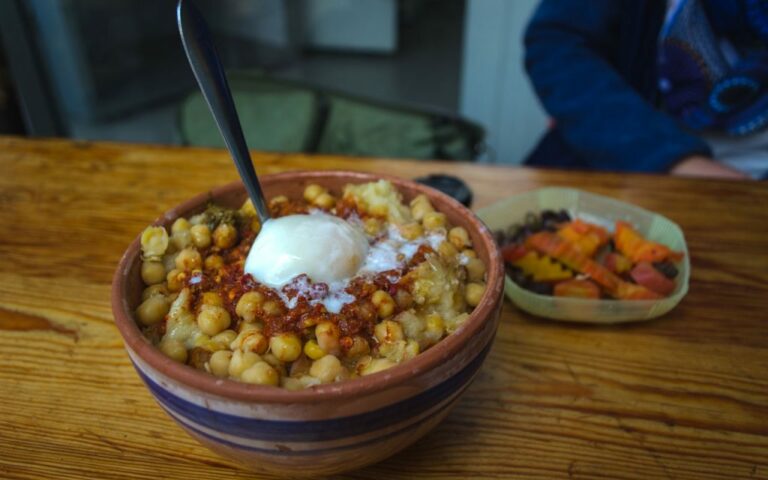Introduction: Street food culture in Tunisia
Tunisia is famous for its vibrant street food culture, which is an important part of the country’s culinary tradition. Street vendors sell a variety of delicious snacks and meals, including Tunisian specialties like brik (a fried pastry stuffed with egg and tuna or meat) and mechouia (a grilled vegetable salad). Tourists and locals alike flock to the bustling food stalls and carts that line the streets of Tunis and other cities in the country.
Risks associated with street food consumption
Despite the deliciousness of Tunisian street food, there are some risks associated with consuming it. One of the main concerns is foodborne illness, which can be caused by contamination from bacteria, viruses, or parasites. Street food vendors may not always have access to clean water or proper sanitation facilities, which can increase the risk of food contamination. In addition, some street vendors may use expired or low-quality ingredients, which can further increase the risk of illness.
Food safety regulations in Tunisia
In Tunisia, there are food safety regulations in place to help ensure that street food is safe to eat. The country’s Ministry of Health is responsible for monitoring food safety, and street vendors are required to obtain a permit in order to sell food. The ministry conducts regular inspections of food stalls and carts to ensure that they are complying with safety regulations and that the food is prepared and stored in a hygienic manner.
Safe street food options in Tunisia
While there are some risks associated with consuming street food in Tunisia, there are also many safe options to choose from. Look for food vendors who have a clean and tidy stall or cart, and who are using gloves or utensils to handle the food. Avoid vendors who are handling money and food at the same time. Some of the safest street food options include freshly grilled meat, boiled or roasted corn, and fresh fruit that has been washed and peeled.
Tips for safe street food consumption in Tunisia
To further reduce the risk of foodborne illness when eating street food in Tunisia, there are several precautions that you can take. Wash your hands with soap and water before eating, or bring hand sanitizer with you. Avoid eating raw or undercooked meat, and make sure that any sauces or condiments have been properly stored and are not past their expiration date. It is also a good idea to drink bottled water rather than tap water.
Conclusion: Enjoying street food in Tunisia with caution
Street food is an important part of Tunisian culture, and can provide a delicious and authentic taste of the country’s cuisine. While there are some risks associated with consuming street food, following food safety regulations and taking precautions when choosing and consuming food can help reduce the risk of illness. With a little caution, you can enjoy the many flavors and experiences of Tunisian street food without worry.


